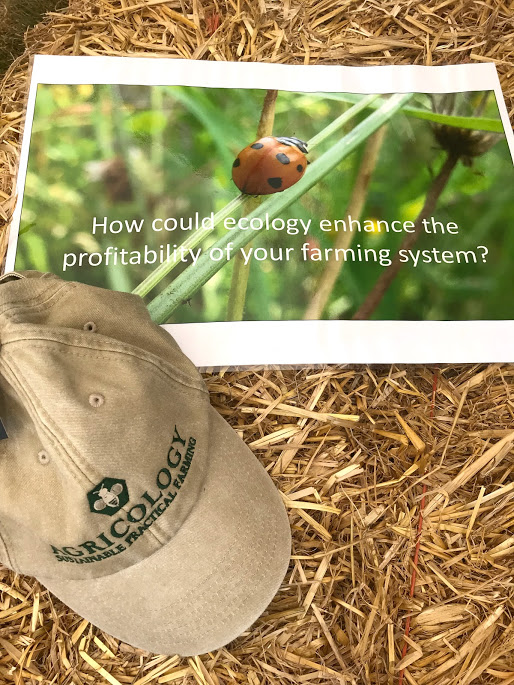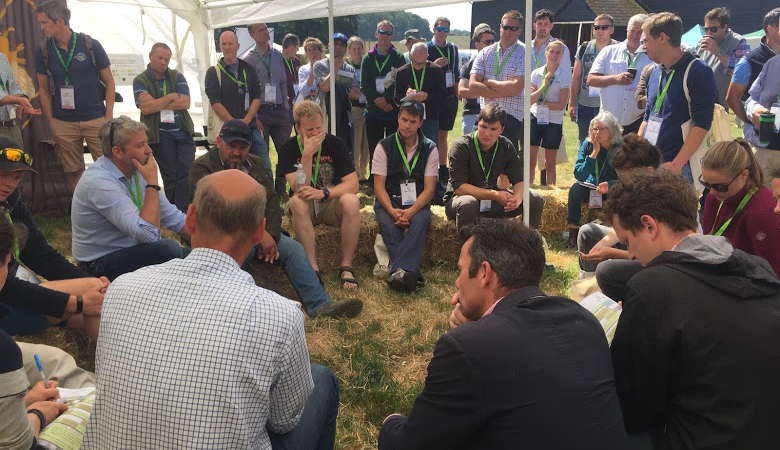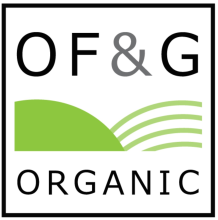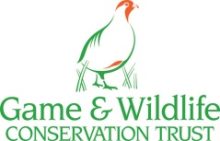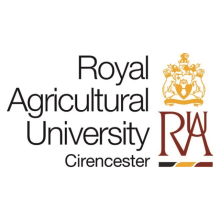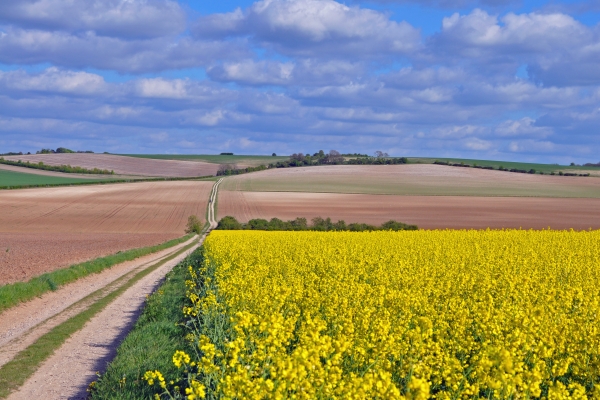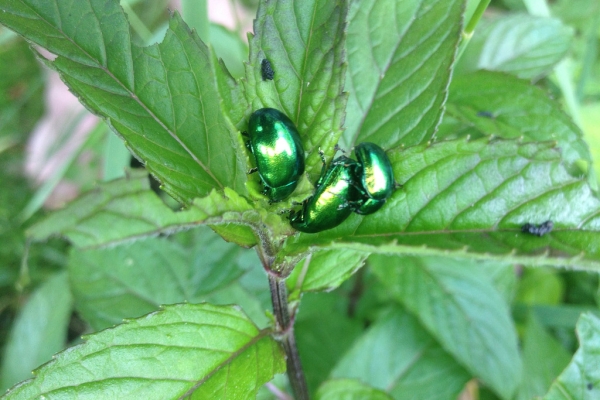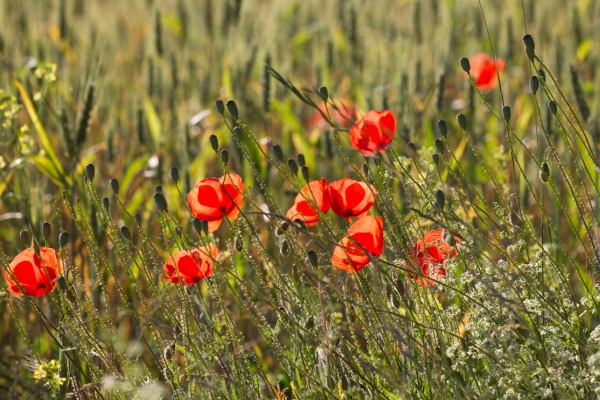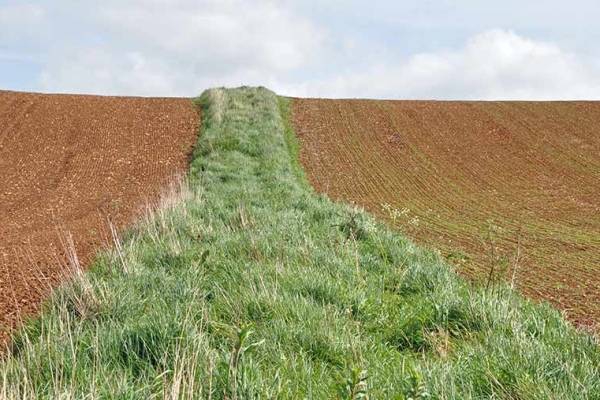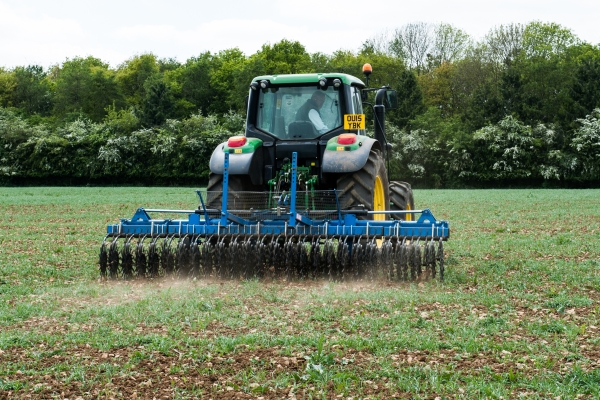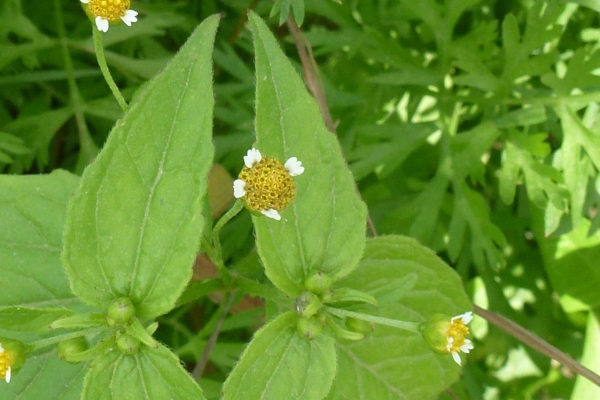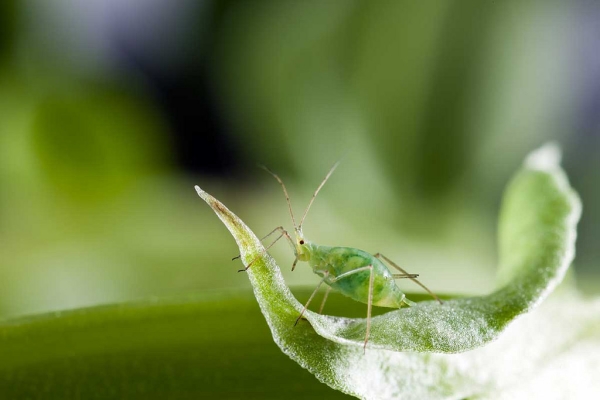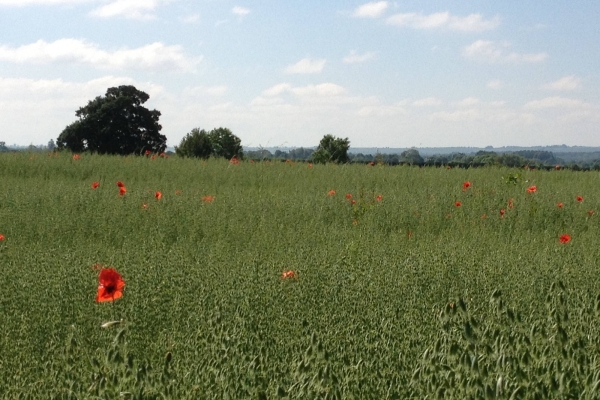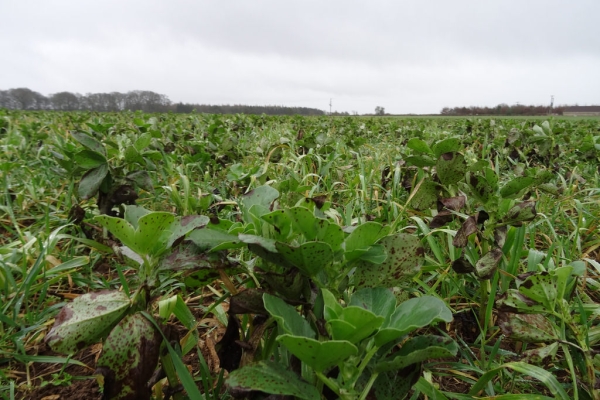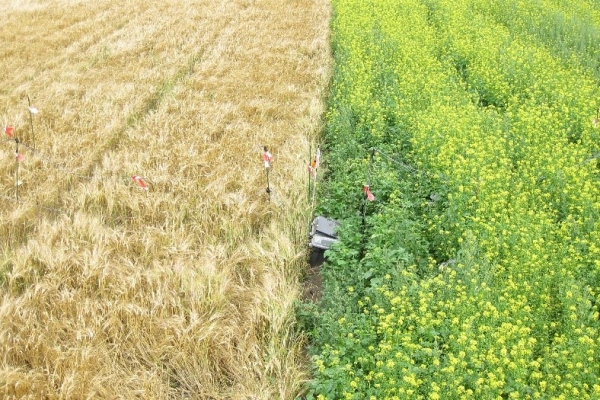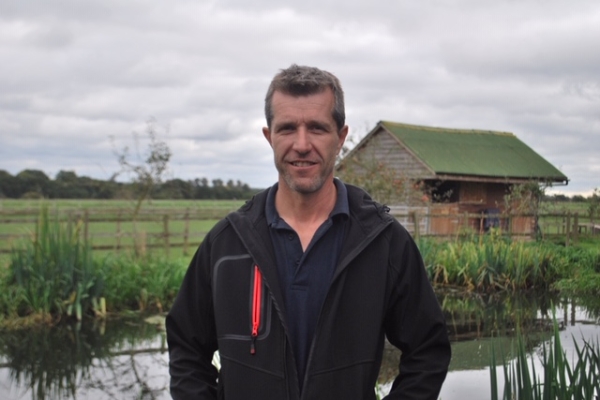Agricology Discussions @ Groundswell!
We’re all set for another year at Groundswell and very excited to be hosting the Agricology Discussion Tent this summer. We have a strong line-up of informal sessions across both days, sharing knowledge and innovative insights into agroecology in practice from farmers and researchers. Come and find us in the Discussion Tent and be part of the conversation!
Day 1: Wednesday 26th June
Bringing in the good guys: IPM in practice
It’s the word on the street – but what does integrated pest management (IPM) really mean in the field?! Come along to this informal session around the strawbales where we will talk to researchers and farmers about building a farm system that is more resilient to pests, how to identify pests and their enemies, and how to attract them into the field.
(Charlotte Rowley, AHDB; Katie Bliss, Agricology)
Getting out of the commodity trap – new markets for sustainable arable
One of the barriers to moving towards more sustainable arable systems is finding a market for smaller volumes of diverse crops. In response to this there is a growing number of farmers who are finding alternative markets for cereals and pulses which support them to farm agroecologically. Come along and talk to them around the strawbales about how they are making it work and explore how it could work on your farm too!
(Fred Price, Gothelney Farm; Katie Bliss, Agricology; Steven Jacobs, OF&G)
Weed surgery – non-chemical weed control
With a reduction in the efficacy and availability of many herbicides, agroecological approaches to managing weeds are becoming increasingly popular. This is an opportunity to share practical experiences and ideas in relation to non-chemical weed management, and ask the experts specific questions about weed management.
(Nicola Cannon, RAU; Katie Bliss, Agricology)
Agroforestry – your questions answered!
Thinking about agroforestry on your farm? Come along to this informal session around the strawbales to ask questions and get guidance from the researchers and farmers making it work on arable and livestock systems.
(Jo Smith, ORC; Helen Cheshire, Woodland Trust; Stuart Holm, Woodland Trust)
Day 2: Thursday 27th June
Weed surgery – non-chemical weed control
With a reduction in the efficacy and availability of many herbicides, agroecological approaches to managing weeds are becoming increasingly popular. This is an opportunity to share practical experiences and ideas in relation to non-chemical weed management, and ask the experts specific questions about weed management.
(Nicola Cannon; RAU, Katie Bliss, Agricology)
Agroforestry – your questions answered!
Thinking about agroforestry on your farm? Come along to this informal session around the strawbales to ask questions and get guidance from the researchers and farmers making it work on arable and livestock systems.
(Jo Smith, ORC; Helen Cheshire, Woodland Trust; Stuart Holm, Woodland Trust)
Low-input sheep production and sainfoin
Looking to integrate sheep into your farming system? Already got sheep but want to enhance their benefit in your rotation? Want to learn more about sainfoin? Richard Smith is the Farm Manager at Daylesford Farm in Gloucestershire where they have five breeds of sheep roaming the pastures – including rare breed Cotswolds and Kerry Hill. He is passionate about the role of genetics and sainfoin in creating low-input systems based on agroecology. Come along to chat with Richard around the straw bales and ask your questions!
(Richard Smith, Daylesford Farm; Tim Field, Agricology)
Cover crops or herbal leys? What have we learned about what works where?
A few years down the line with experimenting with cover crops and herbal leys, what have we learned about what works and what doesn’t in different soil types and farming systems? Are we trying to do everything with cover crops, and could they work better as part of an integrated solution? Could herbal leys in stewardship options be grazed or mulched in a stockless system and provide similar functions on heavier soils? Could we then be drilling straight into them? Join Agricology for an informal discussion around the straw bales to share ideas, questions and practical experiences.
(Alastair Leake, GWCT, and Kelloggs Origins Farmers)
If you haven’t already purchased your tickets, get them here. Look forward to seeing you there!
*N.B. Speaker details may be subject to change.
Lydia Moore is Agricology’s Project Manager
